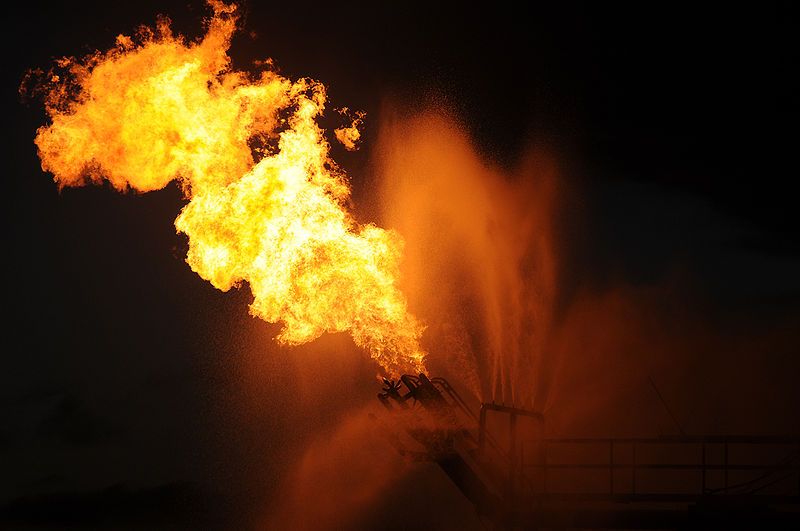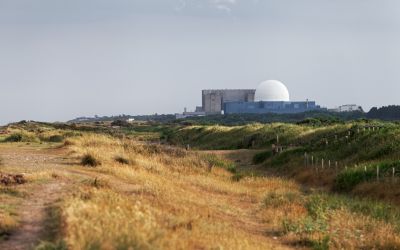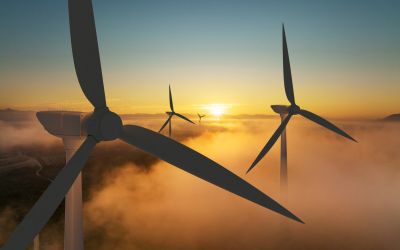Saudi Arabia going green
Middle East governments are rolling out ambitious renewable energy programmes, even as austerity measures hamper such development in Europe.


Middle East governments are rolling out ambitious renewable energy programmes, even as austerity measures hamper such development in Europe.
Among the latest signs of an apparent mass Arabian conversion to environmental activism is Saudi Aramco’s July 8 launch of a clean-energy venture capital arm. Saudi Aramco Energy Ventures (SAEV) represents a transformation in becoming the world’s leading integrated energy company with innovation as it's cornerstone.
Saudi Arabia, the OPEC kingpin, is not the first Persian Gulf oil exporter to propose a strategic shift toward green innovation. In 2008 Abu Dhabi, the capial of the United Arab Emirates, started building a carbon-neutral community, Masdar City, set state renewable energy targets and created the $250 million Masdar Clean Tech Fund. The UAE was also the first Gulf Cooperative Council state to outlaw natural gas flaring at refineries and oil fields and to announce plans for commercial-scale carbon capture and storage; and the UAE hosts the secretariat of the UN International Renewable Energy Association (IRENA) at Masdar City.
But when the CEO of the world’s biggest energy company makes an explicit strategy statement, the world needs to sit up and listen. A glance through Saudi Aramco’s recent press releases show the powerful state oil company means environmental business. In July alone it launched SAEV, pledged to plant 1.2 million mangrove trees along the Saudi coast and set aside land for the region’s first eco-park–at Ras Tanura, near its Persian Gulf oil export terminal. In June, the company announced a desert wild-life preserve. In March, it launched an oilfield water recycling program. In February, Saudi Aramco sponsored the First Saudi Renewable Energy Conference and Exhibition at King Fahd University of Petroleum and Minerals, heralded as “a platform for a new start-up in the concept of renewable technology.”
Meanwhile, Qatar was the first GCC state to join the World Bank’s international programme to reduce flaring; the tiny emirate has done more than any other oil exporter to make natural gas, as LNG, an internationally available alternative to higher-carbon fuel oil and coal. In May, Qatar’s deputy prime minister and long-time former oil minister, Abdullah al-Attiya, took the chair of the next conference of Parties of the United Nations Convention on Climate change, to be held in Seoul at the end of the 2012. One of his recent acts was signing up Qatar as a founding member of the Seoul-based Global Green Growth Institute.
Oman, the smallest GCC oil exporter, has quietly taken notable steps to use renewable energy technology to power oil and gas production. As one example, state-controlled Petroleum Development Oman (PDO), a consortium that also includes Royal Dutch Shell as a major partner, is developing the world’s first commercial-scale solar-powered oil development with California’s GlassPoint. Nonetheless, the scale of recent Saudi green initiatives is too large to be dismissed as copy-cat policy in regards to the smaller Gulf staes' initiatives. In May, for instance, state-sponsored King Abdullah City for Atomic and Renewable Energy unveiled firm plans for a massive 41GW of installed Saudi solar power capacity by 2032.
Much clean-energy development in the GCC is being driven by enlightened self-interest. All GCC states except for Qatar are short of natural gas for power generation and industry. They are urgently seeking viable alternatives to burning gas for steam-generation as they turn to exploiting heavier crude and re-injecting ever more associated gas into mature oil fields to enhance crude output.
Most GCC states are also striving to diversify their electricity supplies away from oil and gas-fired generation in order to maximize oil exports. In particular, Riyadh hopes to eliminate the need to burn as much as 800,000 b/d of Saudi crude in summer for power generation. Sensible plans to integrate renewable energy with the region’s traditional oil business is a sign of the GCC energy sector coming of age. In the long run, supplementing fossil fuels with energy from low-carbon sources could prove more effective in curbing global carbon emissions than stuttering Western policy drives that have failed to force a premature end to the petroleum age.






